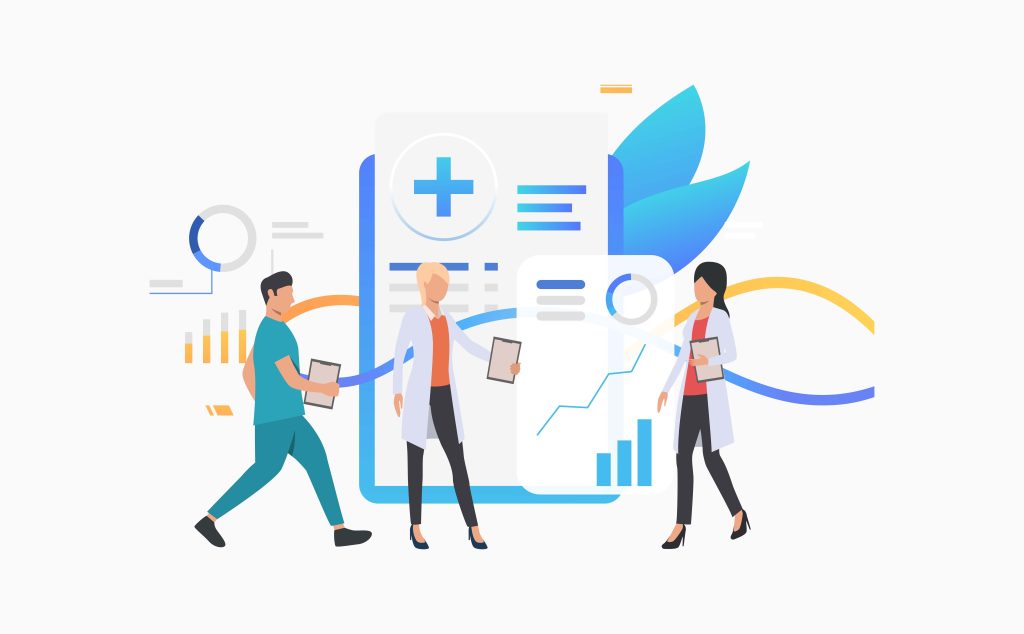Chapter 5: Data analytics and its role in managing patients
Viviane Khalil

Data analytics is the science of extracting actionable knowledge and insights from many sources of available unfiltered, unstructured and crude databases (Rajaraman, 2016). The actionable acquired knowledge and insights from data processing can then be used for decision-making and prediction (Chong & Hui, 2015).
Health data availability has grown exponentially over the years (Dash et al., 2019). The introduction and expansion of information technology such as the internet, machine learning, artificial intelligence (AI), 3D printing and the advancement of different types of technologies across various industries, including healthcare, has aided in the explosion of health data. In addition to the broad availability of data, there are challenges in categorising, processing, cleaning and analysing it to make it useful in relevant settings to achieve relevant strategies (Dash et al., 2019; Saranya & Asha, 2019).
CHAPTER STRUCTURE
This chapter will explore the importance of data analytics in healthcare, the theories available to describe data analytics characteristics and modelling, and showcase three practical examples using three models for using data analytics to improve patient outcomes. Finally, the chapter will outline a summary of enablers and barriers in data analytics as well as key implications of data analytics to improve patient outcomes in practice.

